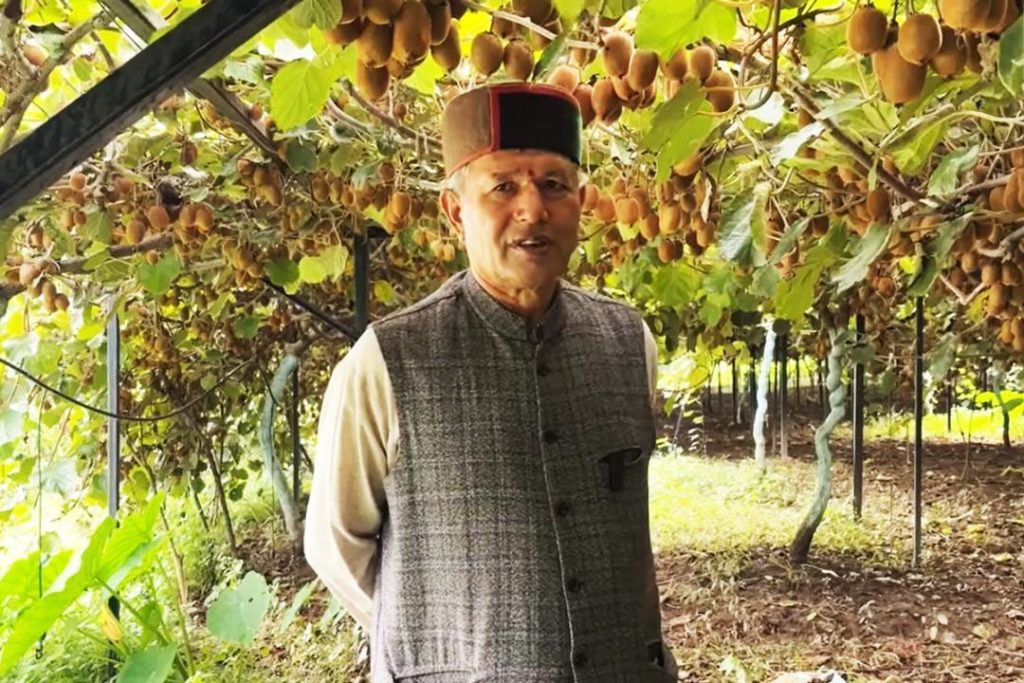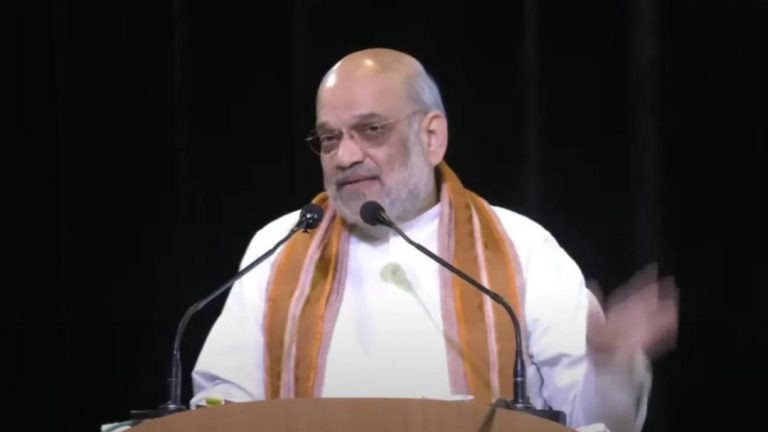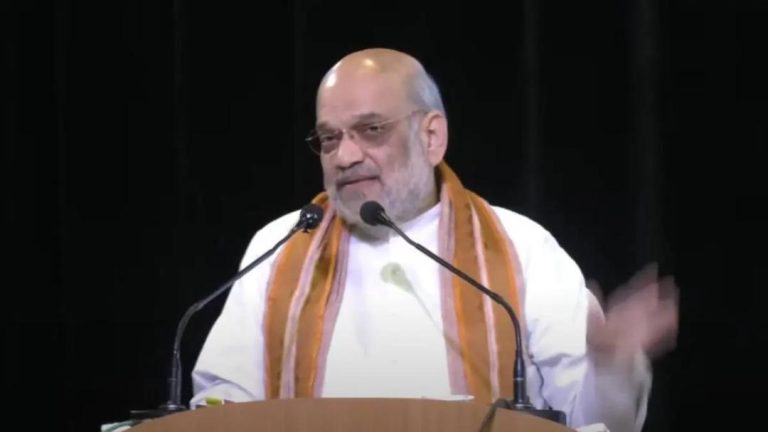
Solan Farmer Earns ₹21 Lakh/Acre with Organic Kiwi Farming
In a remarkable example of sustainable farming practices, Pratap Bharnal, a farmer from Solan, Himachal Pradesh, has earned a staggering ₹21 lakh per acre by adopting organic kiwi farming. This achievement is all the more impressive considering that Bharnal initially started with a modest 100 saplings in 2017 and has now expanded his operation to 400 kiwi plants.
The story of Bharnal’s success begins with a desire to diversify his farm away from apples, which were becoming increasingly unprofitable due to declining market rates. He decided to take a risk and venture into organic kiwi farming, a relatively new and unexplored crop in the region.
Bharnal’s decision to switch to kiwi farming was motivated by several factors. Firstly, kiwis are a high-value crop, with a higher return on investment compared to apples. Secondly, kiwis are relatively easy to grow and require minimal maintenance, making them an attractive option for farmers. Lastly, kiwi farming offers a unique opportunity to promote organic farming practices, which are essential for sustainable agriculture.
Using organic farming methods, Bharnal has been able to achieve remarkable yields without relying on chemical pesticides, fertilizers, or other artificial inputs. His secret lies in using only water and cow dung manure to nourish his kiwi plants. This not only ensures a healthy and chemical-free crop but also reduces the environmental impact of farming.
Last season, Bharnal’s kiwi farm yielded an impressive 21,600 kg of kiwis, earning him a staggering ₹21 lakh per acre. This is a remarkable achievement, especially considering that kiwi farming is still a relatively new and untested crop in the region.
Bharnal’s success is not limited to his impressive yields alone. His farm has also become a model for sustainable agriculture in the region, attracting visitors from across the country. His innovative approach to farming has inspired other farmers to adopt similar practices, leading to a shift towards more organic and sustainable farming methods.
So, what can we learn from Bharnal’s success story? Firstly, it highlights the importance of diversification in farming. By switching to a new crop, Bharnal was able to reduce his dependence on a single crop and increase his returns. Secondly, it demonstrates the potential of organic farming practices to promote sustainable agriculture and reduce the environmental impact of farming. Finally, it shows that even small-scale farmers can achieve remarkable success with the right approach and dedication.
As we move forward in our journey towards sustainable agriculture, stories like Bharnal’s serve as a beacon of hope. They remind us that even in the face of adversity, farmers can find innovative solutions to achieve success and promote a more sustainable future.






